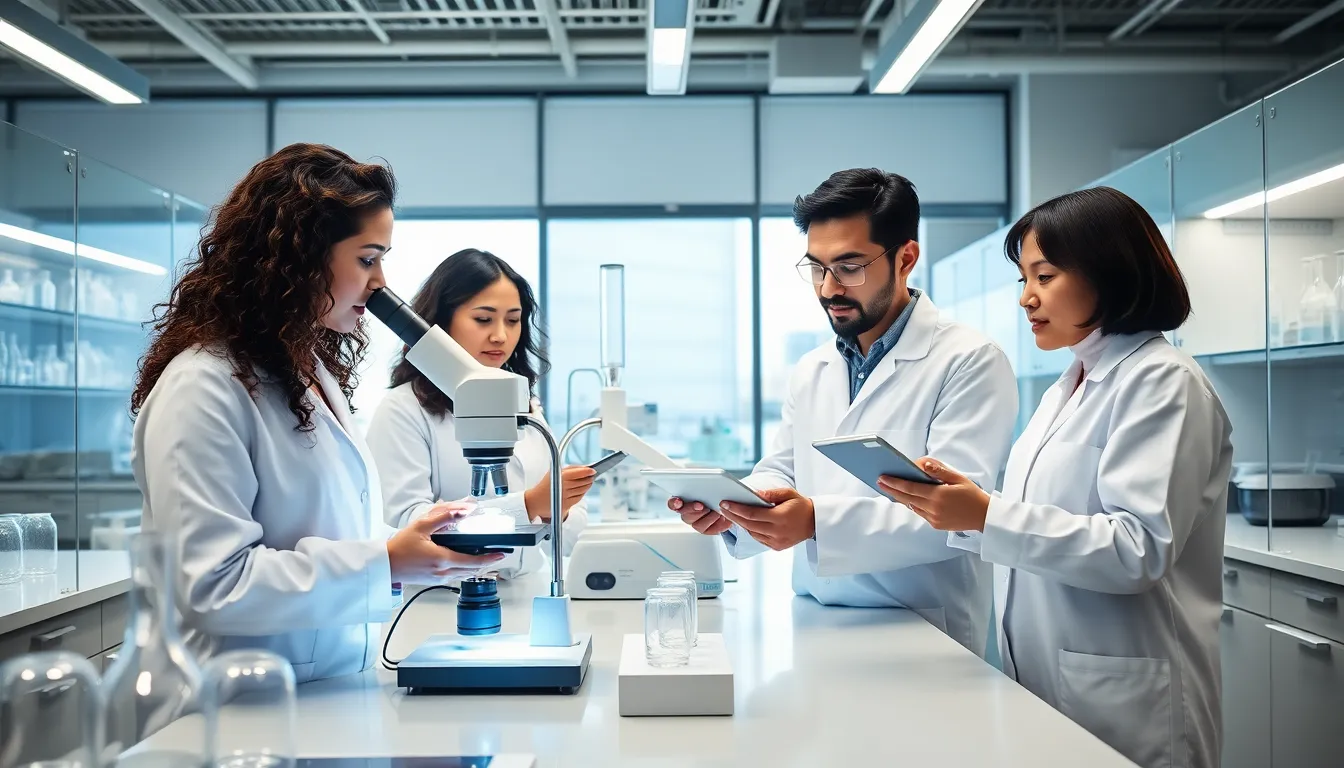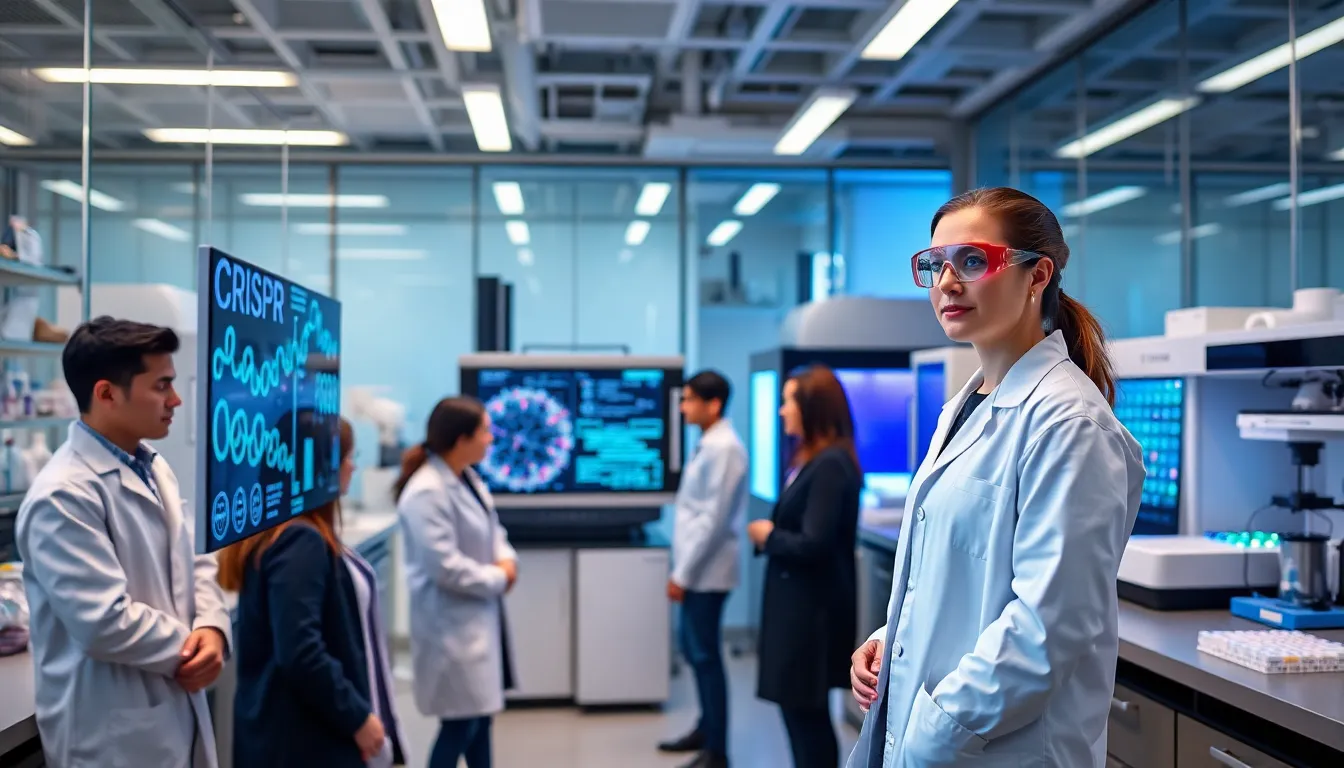In a world where health and technology collide, biotech labs stand at the forefront of innovation. Imagine a place where scientists aren’t just wearing lab coats but are also donning superhero capes, transforming genomes and combating diseases with advanced technology. These labs are where the magic happens, merging biology and technology to create solutions that can redefine our future. It’s not just about petri dishes and pipettes: it’s about groundbreaking discoveries and life-changing therapies. Ready to jump into the intriguing realm of biotech? Let’s go.
Table of Contents
ToggleWhat Are Biotech Labs?

Biotech labs are specialized facilities that harness biological systems and organisms to develop products and technologies. Essentially, they serve as incubators for ideas, breeding innovation in fields like medicine, agriculture, and environmental science. In these labs, scientists experiment, study, and develop everything from new drugs to genetically modified crops.
The ultimate goal? To solve problems that impact our health and our planet. This involves applying a range of scientific disciplines, including molecular biology, biochemistry, and genetics, among others. The unique blend of these disciplines is what makes biotech labs so exciting and essential in today’s world.
Types of Biotech Labs
There’s more than one flavor of biotech lab, each tailored to its own specialty. Here are a few of the most common types:
Research Laboratories
These labs focus primarily on basic research. Scientists experiment to understand biological processes at the molecular level, laying the groundwork for future applications.
Development Labs
Development labs take discoveries from research laboratories and transform them into practical applications. This process often includes the development of prototypes or pilot products.
Clinical Labs
These facilities play a pivotal role in testing new drugs or therapies on organisms, including humans. They’re where treatments are rigorously evaluated to ensure safety and efficacy before they hit the market.
Production Facilities
After successful testing, biotech innovations move to production facilities. Here, large-scale production processes are established to create everything from vaccines to biopharmaceuticals.
Key Technologies Used in Biotech Labs
Biotech labs leverage cutting-edge technologies that transform biological research into tangible results. Key technologies include:
CRISPR
This revolutionary gene-editing tool allows scientists to make precise changes at the DNA level, paving the way for targeted treatments and genetically modified organisms.
High-Throughput Screening
This technology enables the screening of vast numbers of chemical compounds to discover potential new drugs rapidly. Imagine testing thousands of possibilities in a fraction of the time.
Bioinformatics
Data is king in biotech labs. Bioinformatics combines biology, computer science, and information technology to analyze and interpret complex biological data, driving insights that fuel further research.
Next-Generation Sequencing
This method has vastly reduced the time and cost of sequencing DNA, revolutionizing genomics and personalized medicine.
Regulatory and Ethical Considerations
As biotech labs push boundaries, they also navigate a minefield of regulations and ethical questions. Regulatory bodies, such as the FDA and EMA, scrutinize lab processes to ensure safety and compliance with legal standards.
Ethical considerations also play a significant role. Concerns over genetic modifications and cloning raise questions about the limits of science. Should scientists be allowed to ‘design’ organisms or edit the human genome?
Discussing these concerns fosters a balanced perspective and guides the responsible development of biotechnologies.
The Role of Biotech Labs in Healthcare
Biotech labs are transforming healthcare in ways that were once the stuff of science fiction. They develop lifesaving therapies and vaccines that can potentially eliminate diseases.
Personalized Medicine
Biotech innovations enable treatments tailored to individual genetic profiles, minimizing side effects and maximizing efficacy. Imagine medicines crafted specifically for your DNA.
Gene Therapy
This groundbreaking treatment corrects defective genes responsible for disease development. As a result, biotech labs are making remarkable strides toward curing previously untreatable conditions.
Vaccines
Recent advancements have led to the rapid development of vaccines, crucial in combating pandemics, like COVID-19. Biotech labs played an integral role in the race to produce safe, effective vaccines.
Innovations and Future Trends in Biotech Labs
The future of biotech is bright, characterized by innovations that promise to change the landscape of medicine and agriculture. Emerging trends include:
Artificial Intelligence
AI is increasingly being integrated into biotech labs to analyze data, streamline research, and accelerate drug discovery, allowing scientists to focus on what they do best.
Sustainable Biotech
Sustainability is becoming central to biotech innovations. Labs are developing biodegradable materials and finding environmentally friendly ways to produce essential products.
Advanced Therapies
With advancements in stem cell research and tissue engineering, biotech labs are nearing the possibility of growing organs for transplantation, a game-changer for patients awaiting transplants.



